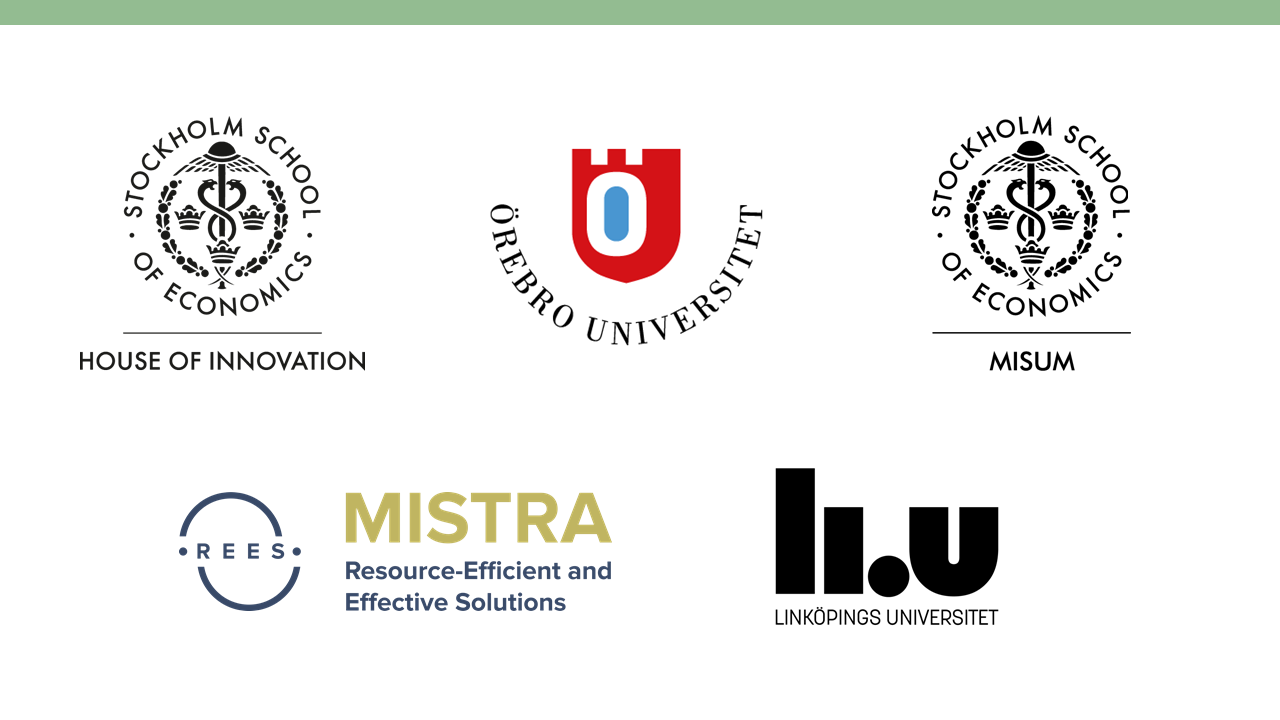Public procurement of resource-efficient, circular, and sustainable solutions: challenges and findings - 17 May 2021
Functional procurement can help organizations infuse the circular economy into their way of working as they buy circular solutions that contribute to a more sustainable future.
On 17 May, House of Innovation and Misum at the Stockholm School of Economics, the University of Örebro, University of Linköping, and Mistra REES co-hosted an interactive workshop on functional procurement and the circular economy.
The workshop centered on the struggles of functional procurement and aimed to answer questions of circularity, innovation, and strategy. Workshop facilitators mapped the key challenges of circular public procurement and demonstrated process redesign practice across four pillars: 1) structure and culture of the public organization, 2) business models and business structure, 3) public-private communication and collaboration, and 4) legal challenges and interpretation of the legal system.
The program included a background on the circular economy, circular business models and circular procurement, as well as discussion groups on different topics, including the challenges of functional procurement. We closed with findings and key take-aways about functional procurement and circularity.
Context background
There is a view that procurement needs to move away from its traditional approach of buying products, and embrace more sustainable, resource efficient, and innovative ways of doing business. Functional procurement’s shift from procuring products to procuring functions presents a more resource-efficient and sustainable way to procure—offering an especially promising tool for innovation, sustainability, and circularity.
Society faces the key challenges of climate change, resource restraints, and ecosystem deterioration. The circular economy proposes new ways of organizing that can address these issues. For instance: by reducing the amount of resources used, giving products a longer life, and improving efficiency of resources. The key idea behind the circular economy is the concept of a loop, in which products continually provide new value as resources or inputs into the economy, rather than serve a singular, disposable purpose. The circular economy helps to minimize raw material use, waste, and energy leakage. Circular procurement therefore focuses on long-lasting design, maintenance, reuse, recycling, refurbishing, and remanufacturing.
Functional procurement plays a key role in the circular economy, because it helps organizations to shift from buying products with a short lifetime, to identifying and purchasing the functions they really need instead. Procurers then focus on what they really need, while incentivizing the supplier to be more. For example, a function can refer to ‘transportation from A to B’ instead of focusing on a specific product, such as a car. By buying ‘transportation’ instead of ‘a car, the supplier must offer the most efficient mode of transportation. This process shifts the supplier’s focus from selling as many cars as possible, to ensuring that the cars last as long as possible, can be easily repaired, and have the lowest fuel costs possible.
Because of this shift of focus from the procurer to the supplier, functional procurement helps radically reduce emissions and material-use. While the outlook is promising, functional procurement presents challenges. Procurers struggle to transition to functional procurement, and suppliers struggle to change their business models.
Organizers
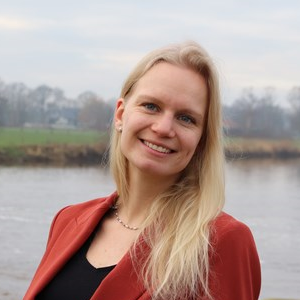
Margo Enthoven
Postdoctoral Fellow - Department of Entrepreneurship, Innovation, and Technology
Misum Affiliated Researcher
Stockholm School of Economics
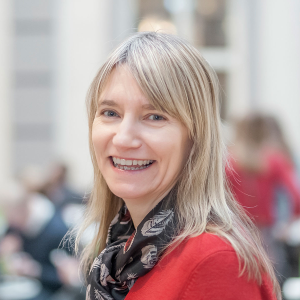
Sarah Jack
Jacob and Marcus Wallenberg Chair in Sustainable and Innovative Business Development - House of Innovation
Misum Platform Director
Stockholm School of Economics
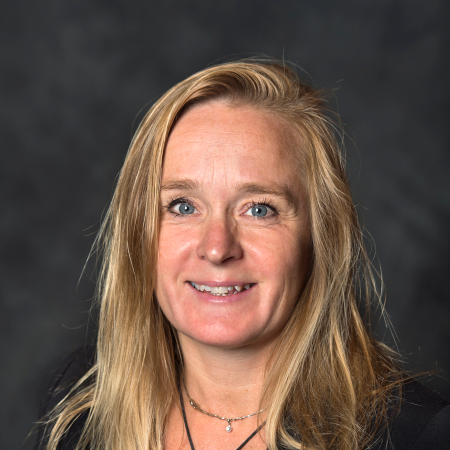
Eleonor Kristoffersson
Professor - School of Law, Psychology, and Social Work
Örebro University
Herbert Jacobson
Senior Lecturer - Department of Commercial and Business Law & Department of Management and Engineering
Linköping University
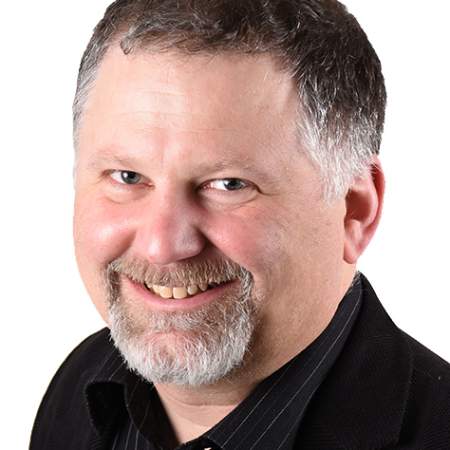
Mattias Lindahl
Professor - Department of Management and Engineering
Linköping University

Jan Kellgren
Professor- Department of Commercial and Business Law & Department of Management and Engineering
Linköping University
